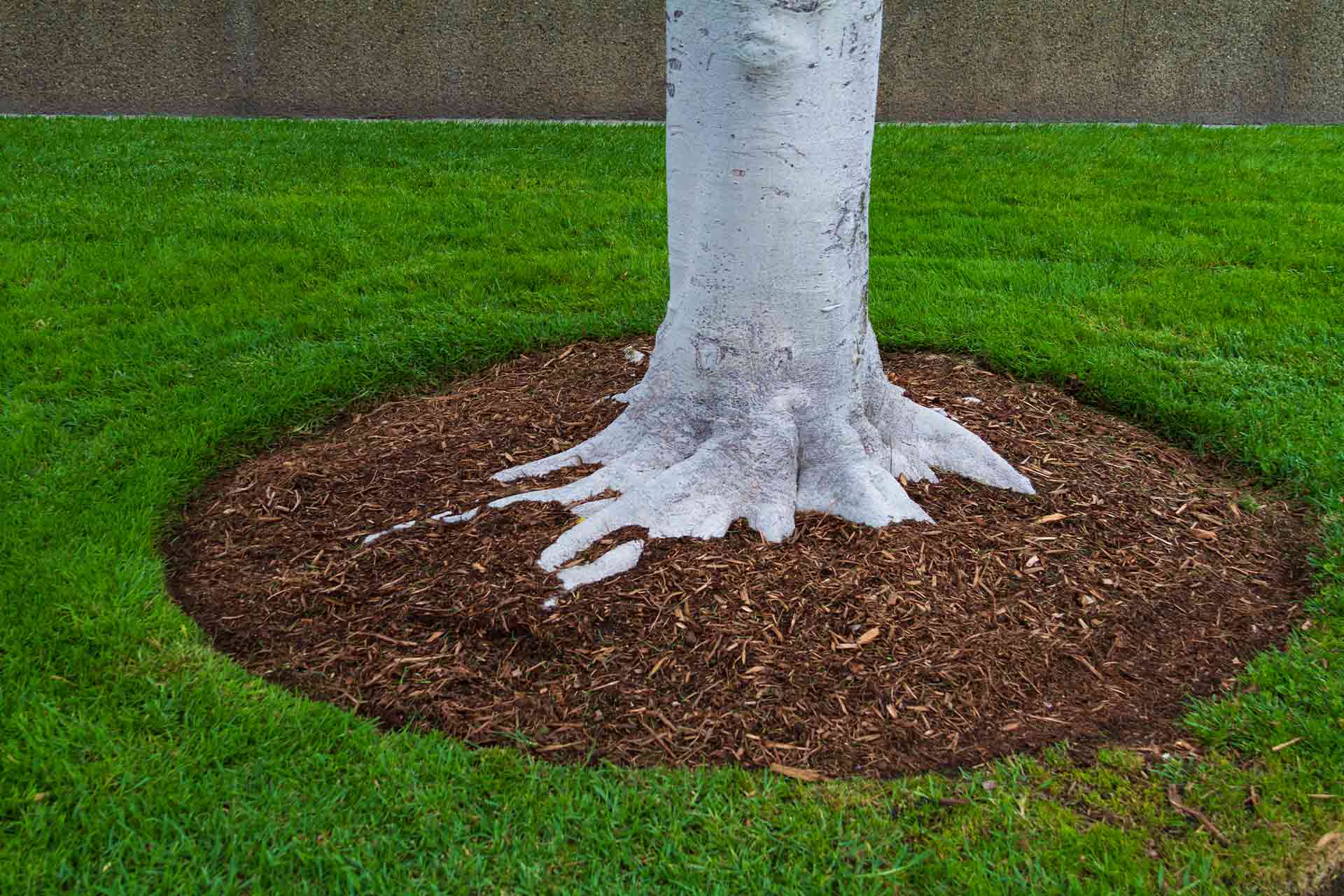Improve Soil Health Naturally: Top Tips for a Thriving Garden

Are you tired of lackluster plants and a garden that just doesn't seem to flourish? The secret might be right under your feet—literally. Healthy soil is the foundation of a vibrant garden, and improving it naturally is easier than you think. Let's dive into the top tips for enhancing your soil's health without resorting to harsh chemicals.
Understanding Soil Health
Before we get our hands dirty, let's understand what makes soil healthy. Think of soil as the stomach of your garden; it needs the right balance of nutrients, microorganisms, and structure to function properly. Healthy soil is rich in organic matter, has good drainage, and teems with beneficial microbes.
Top Tips to Improve Soil Health Naturally
1. Composting: The Gold Standard
Composting is like giving your soil a superfood boost. It's rich in nutrients and organic matter, which improves soil fertility and structure. Here's how to get started:
- Collect Organic Materials: Gather kitchen scraps, yard waste, and other organic materials.
- Layer and Mix: Alternate layers of green (nitrogen-rich) and brown (carbon-rich) materials.
- Turn and Aerate: Regularly turn the pile to introduce oxygen and speed up decomposition.

2. Mulching: Nature's Blanket
Mulching is like tucking your soil in with a cozy blanket. It helps retain moisture, suppresses weeds, and adds organic matter as it breaks down.
- Choose the Right Mulch: Opt for organic materials like wood chips, straw, or leaves.
- Apply Evenly: Spread a 2-3 inch layer around your plants, but keep it away from the stems to prevent rot.
3. Enhancing Soil Fertility
Soil fertility is about more than just nutrients; it's about creating a balanced ecosystem. Here are some natural ways to boost it:
- Green Manure: Plant cover crops like clover or alfalfa and till them into the soil before they set seed.
- Compost Tea: Brew a nutrient-rich tea from your compost and use it to water your plants.
4. Improving Soil Drainage
Good soil drainage is crucial for plant health. Waterlogged soil can suffocate roots and promote disease.
- Add Organic Matter: Compost and other organic materials improve soil structure and drainage.
- Aerate: Use a garden fork or aerator to create small holes that allow water to penetrate deeply.
5. Encouraging Beneficial Microbes
Beneficial microbes are the unsung heroes of soil health. They break down organic matter, improve nutrient availability, and even protect plants from disease.
- Inoculate with Compost: Compost is teeming with beneficial microbes.
- Use Mycorrhizal Fungi: These fungi form symbiotic relationships with plant roots, enhancing nutrient uptake.

The Power of Patience and Observation
Improving soil health naturally isn't a quick fix; it's a journey. Observe your soil and plants, and adjust your practices as needed. Remember, nature takes time, but the results are worth the wait.
Conclusion: Your Path to a Thriving Garden
Improving soil health naturally is a rewarding endeavor. By composting, mulching, enhancing soil fertility, improving drainage, and encouraging beneficial microbes, you're laying the groundwork for a thriving garden. So, roll up your sleeves, get your hands dirty, and watch your garden flourish.
FAQs
How long does it take to improve soil health naturally?
- Improving soil health naturally is a gradual process. You may see improvements within a few months, but significant changes can take a year or more.
Can I use coffee grounds in my compost?
- Yes, coffee grounds are a great addition to your compost pile. They are rich in nitrogen and can help balance the carbon-to-nitrogen ratio.
What is the best type of mulch for vegetable gardens?
- Organic mulches like straw, shredded leaves, or grass clippings are excellent for vegetable gardens. They break down quickly, adding nutrients to the soil.
How do I know if my soil has good drainage?
- Perform a simple test by digging a hole about a foot deep and filling it with water. If the water drains within a few hours, your soil has good drainage.
Can I over-mulch my garden?
- Yes, too much mulch can suffocate plants and promote disease. Aim for a 2-3 inch layer, and keep it away from plant stems.
By following these tips and staying patient, you'll transform your soil into a nurturing environment that supports a lush, vibrant garden. Happy gardening!
0 Response to "Improve Soil Health Naturally: Top Tips for a Thriving Garden"
Post a Comment